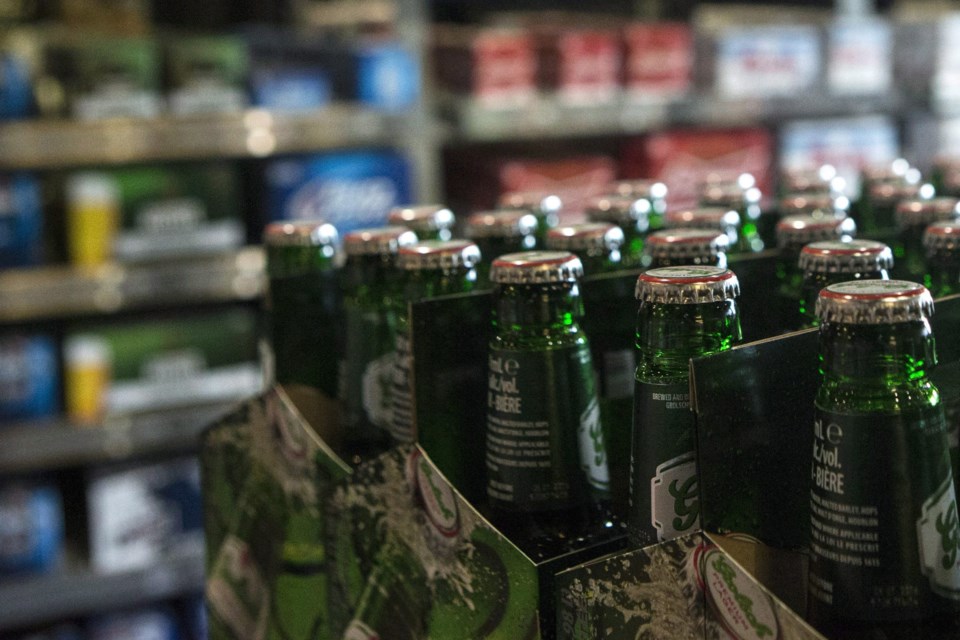A study commissioned by the Canadian Centre on Substance Use and Addiction suggests some Canadians are drinking more alcohol due to boredom and stress during the COVID-19 pandemic.
The poll, conducted by Nanos Research, found 25 per cent of Canadians aged 35 to 54 and 21 per cent of Canadians aged 18 to 34 say they have increased the amount of alcohol they drink while spending more time at home.
Only 10 per cent of adults older than 54 say they have been drinking more alcohol since they began practising social distancing and self-isolation.
Lack of regular schedule, boredom and stress were the main reasons cited for the increase among those who reported drinking more, according to the poll.
"The Canadian drinking culture is one where alcohol use serves as a boundary between weekday and weekend, work and leisure — it marks a 'time out,'" Catherine Paradis, a senior research and policy analyst at CCSA, said in a release. "With the ongoing threat of COVID-19, these boundaries have become blurred.
"Disrupted routine may be accompanied by loneliness and anxiety about the current situation. With the possibility that people are stocking up and there is more alcohol in the home than usual, some might drink more than they typically do."
Jeff Sturgeon, a social worker and therapist in Calgary, says social distancing and self-isolation can particularly affect those battling alcohol addictions.
"In my experience, it further exacerbates perhaps the underlying root cause of the addiction," he said in a recent phone interview with The Canadian Press. "It increases loneliness, boredom and can magnify those negative thought patterns.
"It kind of amplifies that narrative that perhaps is the underlying piece of the addiction."
The poll was conducted between March 30 and April 2 through telephone and online random surveys of 1,036 Canadians aged 18 or older.
The CCSA said results were statistically checked and weighted by age and gender using the latest census information and that the sample was geographically stratified to be representative of Canada.
The polling industry's professional body, the Marketing Research and Intelligence Association, says online surveys cannot be assigned a margin of error because they do not randomly sample the population.
The Canadian Press



